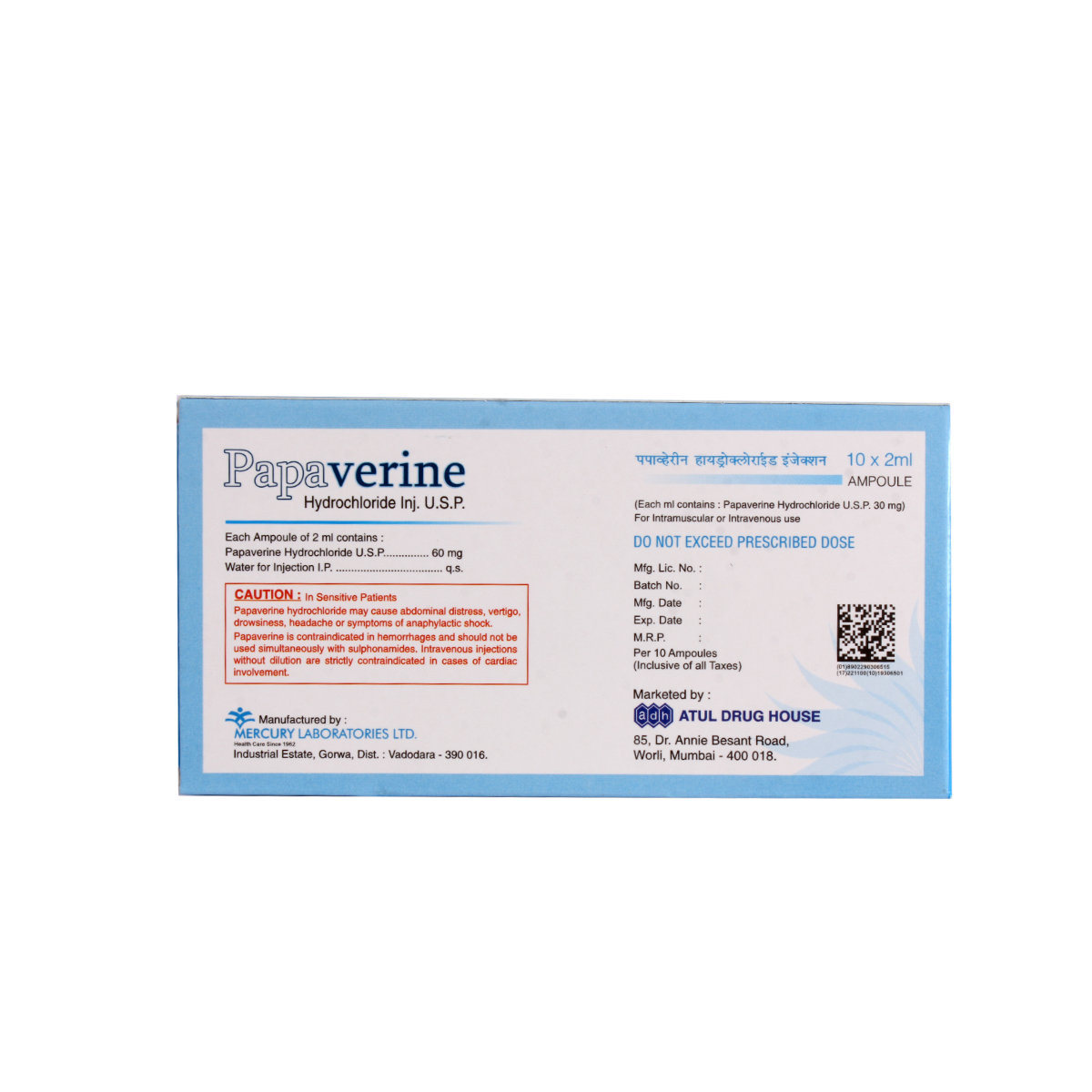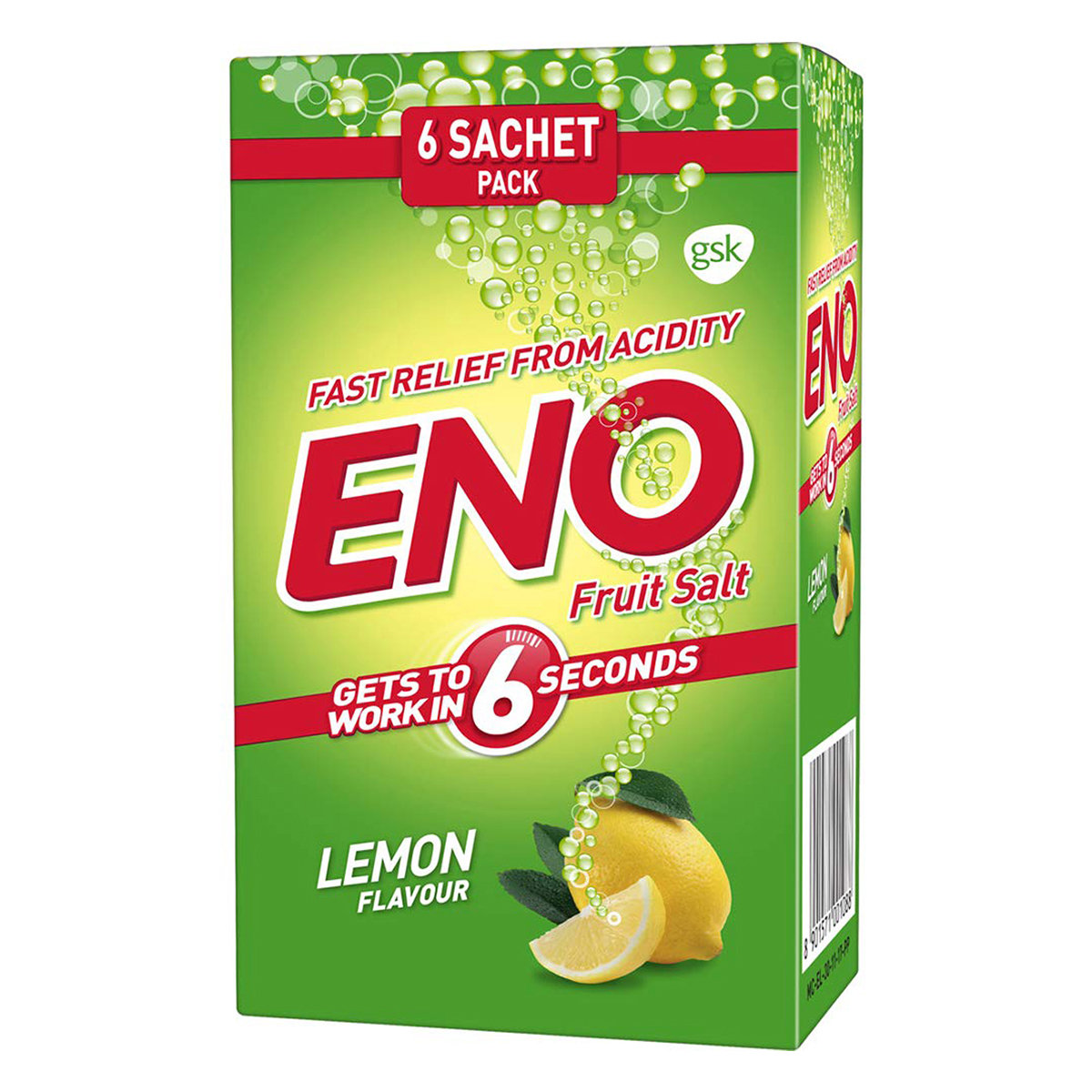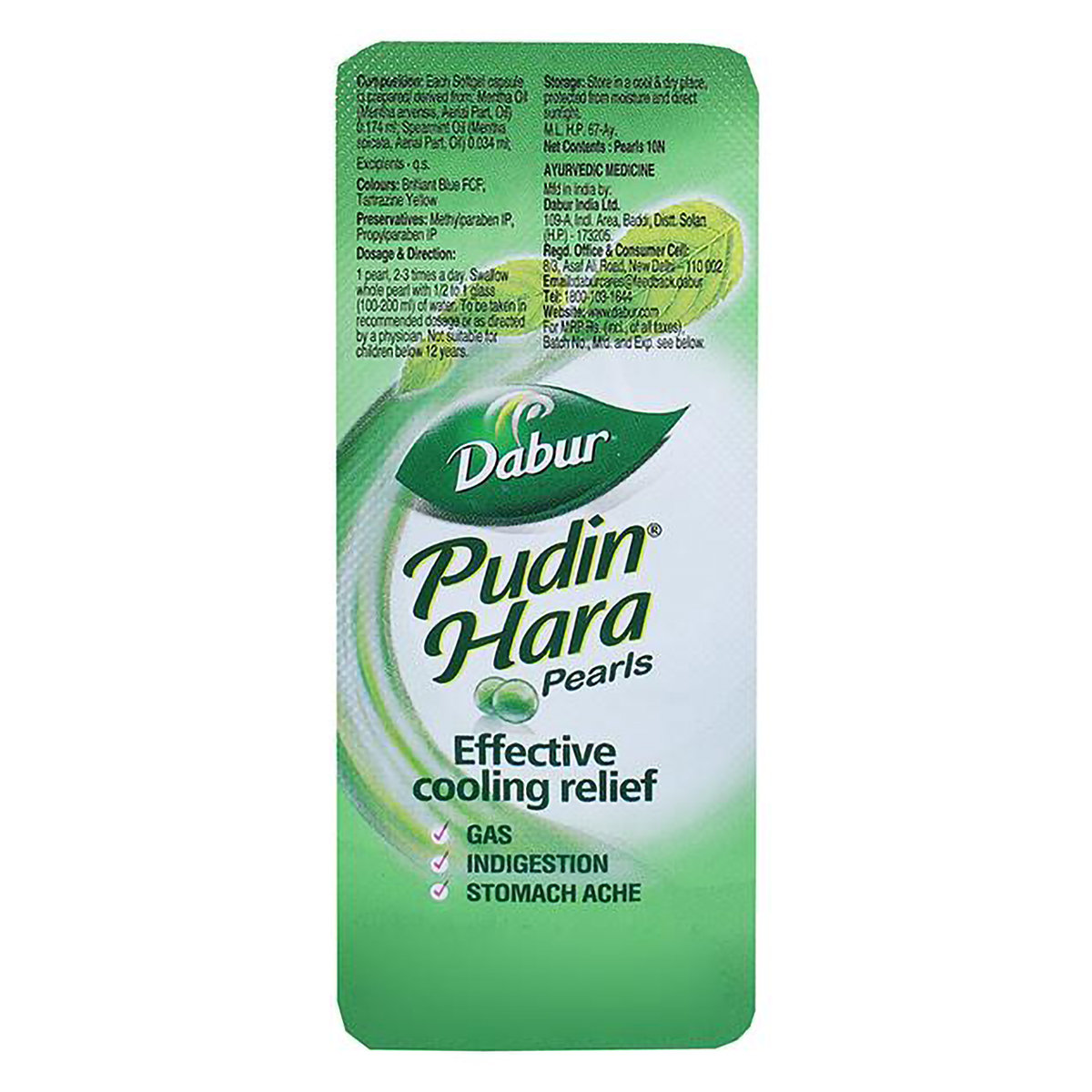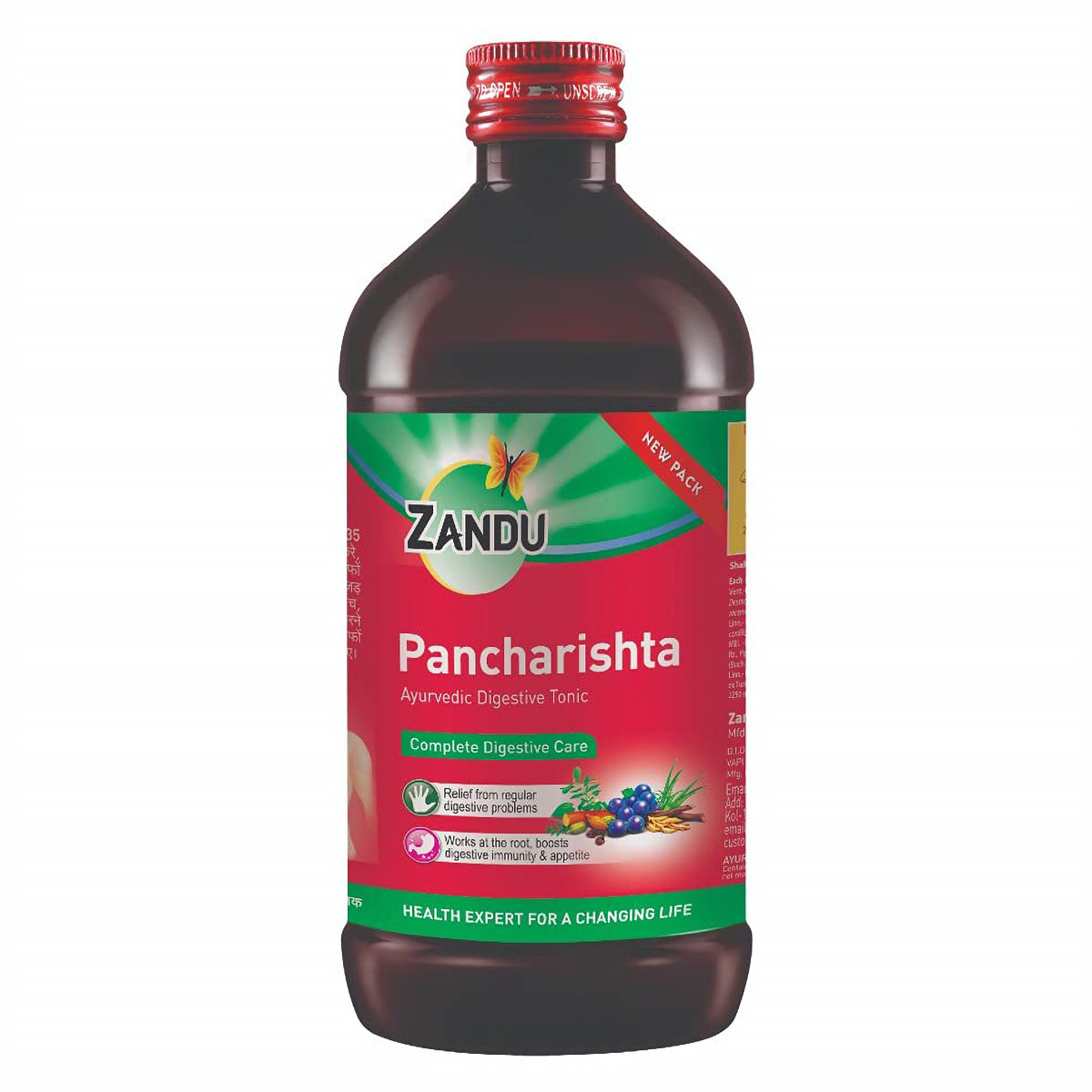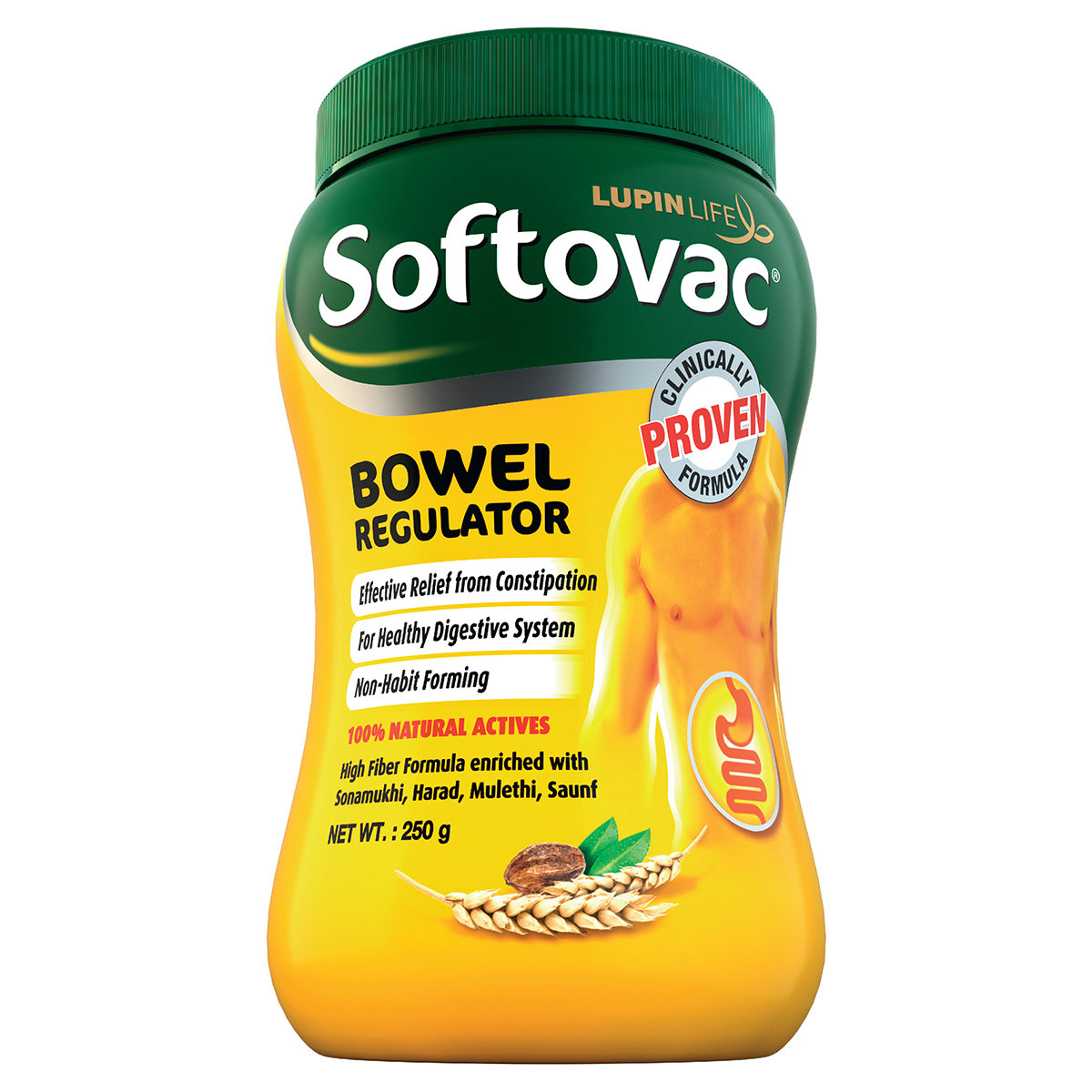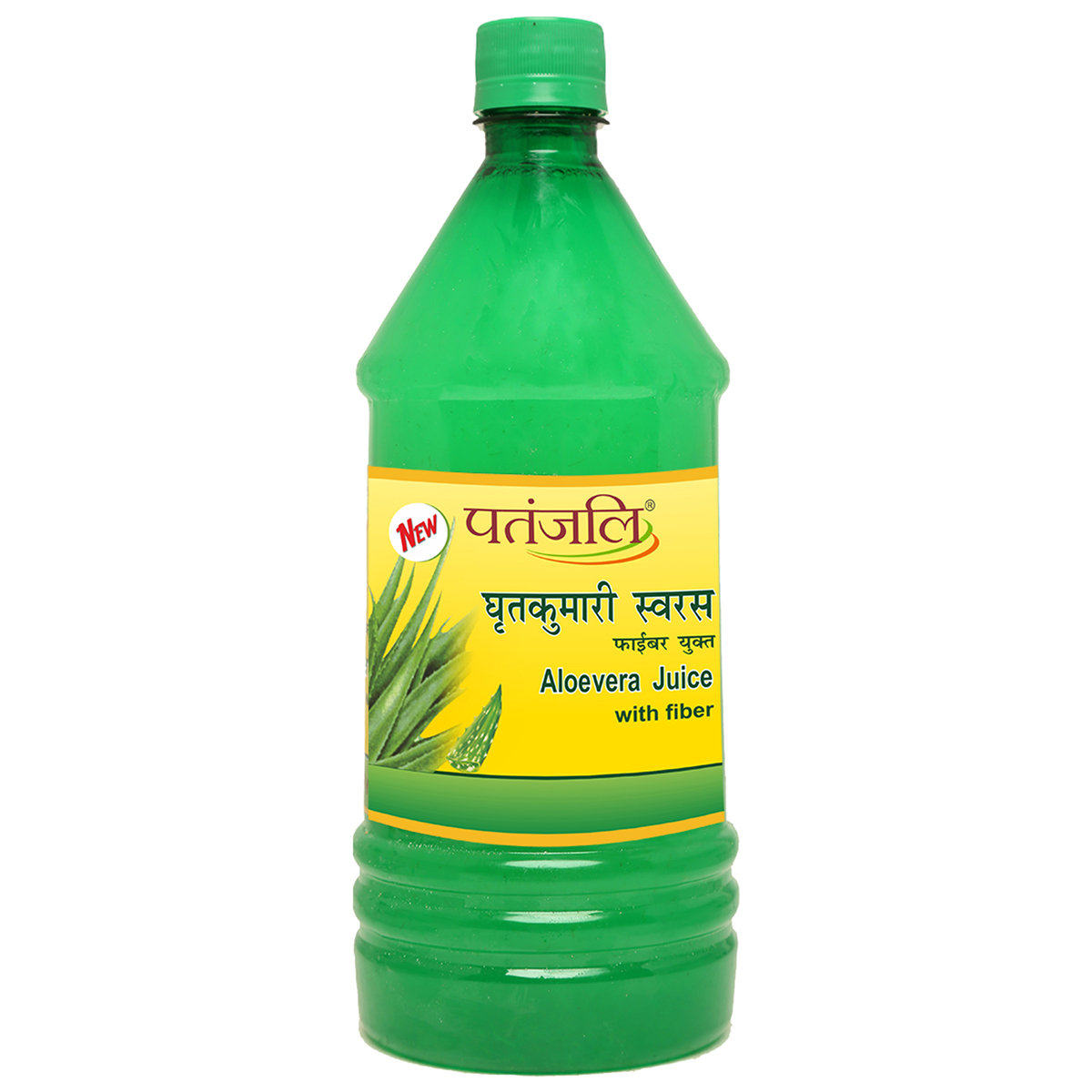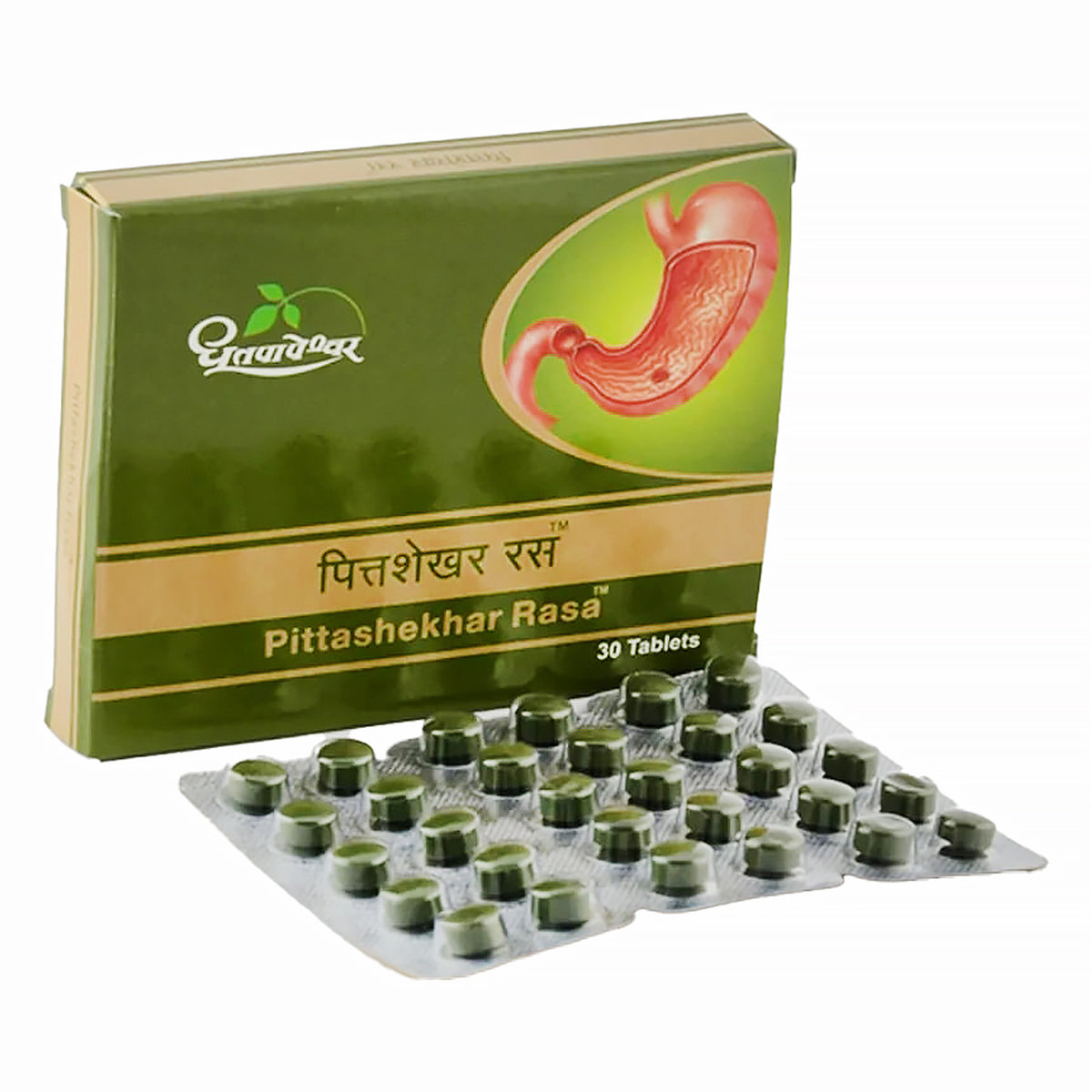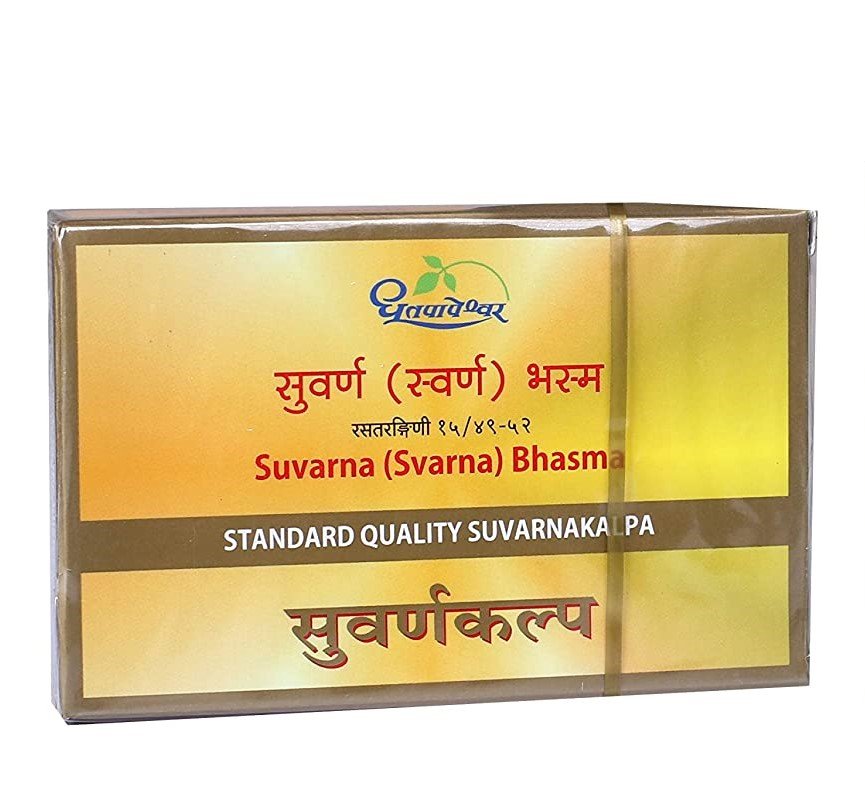Papaverine Hydrochloride Inj
MRP ₹21.5
(Inclusive of all Taxes)
₹3.2 Cashback (15%)
Know Your Delivery Time
Provide Delivery Location

Secure Payment

India's Most Trusted Pharmacy

Genuine Products
Composition :
Manufacturer/Marketer :
Consume Type :
Expires on or after :
Return Policy :
About Papaverine Hydrochloride Injection
Papaverine Hydrochloride Injection belongs to the group of medicines called vasodilators used to treat circulatory problems, visceral spasms (gastrointestinal colic, urinary tract and biliary spasms), peripheral vascular disease, vascular spasm associated with angina pectoris, myocardial infarction, pulmonary and peripheral embolism. Additionally, Papaverine Hydrochloride Injection is also used to treat erectile dysfunction (impotence).
Papaverine Hydrochloride Injection contains ‘Papaverine’, which works by relaxing the blood vessels; this helps the blood to flow easily to the heart and through the body. Thereby, Papaverine Hydrochloride Injection helps improve the blood flow in patients with circulatory problems. Papaverine Hydrochloride Injection exerts a spasmolytic effect by relaxing the smooth muscles. Thereby, helps in treating smooth muscle spasms. Papaverine Hydrochloride Injection helps to treat erectile dysfunction by relaxing the smooth muscles and increasing the blood flow to the penis.
In some cases, you may experience common side effects such as nausea, stomach upset, constipation, diarrhoea, and loss of appetite. Most of these side effects do not require medical attention and will resolve gradually over time. However, you are advised to talk to your doctor if the side effects persist or worsen.
Consult your doctor if you are pregnant, planning for pregnancy, or breastfeeding. Papaverine Hydrochloride Injection may cause dizziness and drowsiness, so drive with caution. Avoid consuming alcohol as it might cause increased dizziness. Papaverine Hydrochloride Injection should not be given to children as safety and effectiveness have not been established. Keep your doctor informed about your health condition and the medicines you are taking to avoid unpleasant side effects/interactions.
Uses of Papaverine Hydrochloride Injection
Papaverine Hydrochloride Injection is used in the treatment of Circulation problems, smooth muscle spasms, peripheral vascular disease, and erectile dysfunction (impotence). The detailed uses of Papaverine Hydrochloride Injection are as follows:
- Vascular Spasms: Papaverine Hydrochloride Injection treats spasms in blood vessels, especially in the brain (cerebral vasospasm) and heart (coronary vasospasm).
- Peripheral Circulation Issues: Papaverine Hydrochloride Injection improves blood flow in limbs affected by poor circulation.
- Visceral Spasms: Papaverine Hydrochloride Injection relieves spasms in the gastrointestinal tract, bile ducts, and urinary tract.
- Erectile Dysfunction: Papaverine Hydrochloride Injection is used as an injectable treatment to relax penile blood vessels and induce an erection.

Have a query?
Directions for Use
- Follow your doctor's instructions on the dosage and timing of this medication to ensure safety.
- Papaverine Hydrochloride Injection will be administered by the doctor or healthcare professional.
- Do not self-administer.
Key Benefits
Papaverine Hydrochloride Injection belongs to the group of medicines called vasodilators. It is used to treat circulatory problems, visceral spasms (gastrointestinal colic, urinary tract and biliary spasms), peripheral vascular disease, vascular spasms associated with angina pectoris, myocardial infarction, and pulmonary and peripheral embolism. Additionally, Papaverine Hydrochloride Injection is also used to treat erectile dysfunction (impotence). Papaverine Hydrochloride Injection works by relaxing the blood vessels; this helps the blood to flow easily to the heart and through the body. Thereby, Papaverine Hydrochloride Injection helps improve the blood flow in patients with circulatory problems. Papaverine Hydrochloride Injection is a non-specific, direct-acting smooth muscle relaxant causing a vasodilating effect on the blood vessels and other smooth muscle systems. Papaverine Hydrochloride Injection exerts a spasmolytic effect by relaxing the smooth muscles. Papaverine Hydrochloride Injection helps to treat erectile dysfunction by relaxing the smooth muscles and increasing the blood flow to the penis. Papaverine Hydrochloride Injection may also be used to control high blood pressure.
How Papaverine Hydrochloride Injection Works
Storage
- Avoid holding and empty the bladder at regular intervals.
- Apply cold or ice packs for few minutes.
- Exercise regularly and maintain a healthy lifestyle.
- Make sure to have an adequate sleep.
- Maintain healthy diet containing fruits and vegetables.
- Exercise regularly and maintain a healthy weight.
- Manage cholesterol and blood pressure.
- Limit intake of caffeine and alcohol.
- Avoid vaping and tobacco smoke.
- Get enough sleep.
- Talk to your doctor about antiarrhythmic drugs or other medications to treat your condition.
- Inform your doctor about dizziness symptoms. They may adjust your medication regimen or prescribe additional medications to manage symptoms.
- Follow your doctor's instructions for taking medication, and take it at the same time every day to minimize dizziness.
- When standing up, do so slowly and carefully to avoid sudden dizziness.
- Avoid making sudden movements, such as turning or bending quickly, which can exacerbate dizziness.
- Drink plenty of water throughout the day to stay hydrated and help alleviate dizziness symptoms.
- If you're feeling dizzy, sit or lie down and rest until the dizziness passes.
- Track when dizziness occurs and any factors that may trigger it, and share this information with your doctor to help manage symptoms.
- If you experience persistent or severe malaise (a general feeling of discomfort, illness, or unease) after taking medication, seek medical attention immediately.
- Inform your doctor about the medication you're taking and the symptoms you're experiencing.
- Your treatment plan may be modified, which may include adjusting the dosage, substituting with an alternative medication, or discontinuing the medication. Additionally, certain lifestyle changes may be recommended to help manage symptoms.
- To manage malaise symptoms, follow your doctor's advice, such as getting plenty of rest, staying hydrated, and practicing stress-reducing techniques.
- Track your symptoms regularly and report any changes or concerns to your healthcare provider to ensure the malaise is managed effectively.
- Consult your doctor if you experience skin redness, itching, or irritation after taking medication.
- Your doctor may adjust your treatment plan by changing your medication or providing guidance on managing your erythema symptoms.
- Your doctor may recommend or prescribe certain medications to help alleviate symptoms.
- Apply cool compresses or calamine lotion to the affected skin area to reduce redness and itching.
- Stay hydrated by drinking plenty of water to help alleviate symptoms and keep your skin hydrated.
- Monitor your skin condition closely and promptly report any changes, worsening symptoms, or concerns to your healthcare provider.
- Contact your doctor immediately if you're experiencing a fast heart rate, palpitations, or other heart-related symptoms. This is crucial to determine whether the symptoms are related to your medication.
- Your doctor may need to adjust your medication regimen to alleviate the fast heart rate symptoms. This could involve changing the medication, reducing the dosage, or adding new medications to counteract the side effects.
- Follow your doctor's advice on monitoring your heart rate and blood pressure. This will help track any changes and ensure your heart rate returns normal.
- If you experience severe symptoms such as chest pain, dizziness, or shortness of breath, seek immediate medical attention. These symptoms can indicate a more serious condition that requires prompt treatment.
What if I have taken an overdose of Papaverine Hydrochloride Injection
Drug Warnings
Do not take Papaverine Hydrochloride Injection if you are allergic to any of its contents; if you have severe heart failure, myocardial infarction, heart attack, heart rhythm disorders, and intracranial hypertension. Inform your doctor if you have heart disease, glaucoma, high blood pressure, liver or kidney disease. Consult your doctor if you are pregnant, planning for pregnancy, or breastfeeding. Papaverine Hydrochloride Injection may cause dizziness and drowsiness, so drive with caution. Avoid consuming alcohol as it might cause increased dizziness. Papaverine Hydrochloride Injection should not be given to children as safety and effectiveness have not been established.
Drug-Drug Interactions
Drug-Drug Interactions
Login/Sign Up
Co-administration of Papaverine Hydrochloride Inj with clofazimine can increase the risk of irregular heart rhythm.
How to manage the interaction:
Taking Papaverine Hydrochloride Inj with clofazimine together can possibly result in an interaction, it can be taken if your doctor has advised it. However, contact a doctor immediately if you experience any symptoms such as dizziness, lightheadedness, fainting, shortness of breath, or rapid heartbeat. Do not discontinue any medications without consulting a doctor.
Coadministration of Papaverine Hydrochloride Inj with erythromycin can increase the risk of an irregular heart rhythm that may be serious
How to manage the interaction:
Although taking erythromycin and Papaverine Hydrochloride Inj together can possibly result in an interaction, they can be taken together if prescribed by a doctor. However, if you experience sudden dizziness, lightheadedness, or shortness of breath, consult your doctor immediately. Do not discontinue using any medications without consulting a doctor.
Taking Bosutinib and Papaverine Hydrochloride Inj together can raise the risk of an abnormal heart rhythm.
How to manage the interaction:
Taking Bosutinib with Papaverine Hydrochloride Inj together can possibly result in an interaction, they can be taken together if prescribed by a doctor. However, consult a doctor if you experience sudden dizziness, lightheadedness, or fainting. Do not discontinue any medications without consulting a doctor.
Coadministration of Papaverine Hydrochloride Inj with Lenvatinib can increase the risk of of an irregular heart rhythm.
How to manage the interaction:
Although there is an interaction between Lenvatinib and Papaverine Hydrochloride Inj, they can be taken together if prescribed by a doctor. However, consult your doctor if you experience sudden dizziness, lightheadedness, fainting, shortness of breath. Do not discontinue any medications without consulting a doctor.
Coadministration of Ofloxacin with Papaverine Hydrochloride Inj can increase the risk of irregular heart rhythms.
How to manage the interaction:
Taking Ofloxacin with Papaverine Hydrochloride Inj together can result in an interaction, it can be taken if your doctor has advised it. However, if you experience sudden dizziness, lightheadedness, fainting, shortness of breath, chest pain or tightness, rapid heartbeat, or memory loss, contact a doctor immediately. Do not discontinue any medications without consulting a doctor.
Co-administration of Papaverine Hydrochloride Inj with clomipramine can increase the risk of irregular heart rhythms.
How to manage the interaction:
Although taking clomipramine and Papaverine Hydrochloride Inj together can cause an interaction, it can be taken if your doctor has suggested it. However, contact a doctor immediately if you experience any symptoms such as dizziness, lightheadedness, fainting, shortness of breath, or heart palpitations. Do not discontinue any medications without consulting a doctor.
Co-administration of Papaverine Hydrochloride Inj with Doxepin can increase the risk of irregular heart rhythms.
How to manage the interaction:
Taking Papaverine Hydrochloride Inj with Doxepin together is not recommended as it can possibly result in an interaction, it can be taken if your doctor has advised it. However, if you experience sudden dizziness, lightheadedness, fainting, shortness of breath, or rapid heartbeat, contact your doctor immediately. Do not discontinue any medications without first consulting your doctor.
Taking primaquine and Papaverine Hydrochloride Inj together can increase the chance of a serious abnormal heart rhythm.
How to manage the interaction:
Taking Primaquine and Papaverine Hydrochloride Inj together can result in an interaction, it can be taken if a doctor has advised it. However, if you experience sudden dizziness, lightheadedness, fainting, shortness of breath, or rapid heartbeat, consult a doctor immediately. Do not stop using any medications without talking to a doctor.
Combining Clarithromycin with Papaverine Hydrochloride Inj may increase the risk of an irregular heart rhythm.
How to manage the interaction:
Let the doctor know if you are taking clarithromycin before starting treatment with Papaverine Hydrochloride Inj. Although there is a possible interaction, clarithromycin can be taken with Papaverine Hydrochloride Inj if prescribed by the doctor. Seek immediate medical attention if you develop sudden dizziness, lightheadedness, fainting, shortness of breath, or heart palpitations during treatment with these medications. Do not stop using any medications without a doctor's advice.
Coadministration of Moxifloxacin with Papaverine Hydrochloride Inj can increase the risk of irregular heart rhythm.
How to manage the interaction:
Although there is a possible interaction between Moxifloxacin and Papaverine Hydrochloride Inj, you can take these medicines together if prescribed by a doctor. If you experience irregular heart rhythm, dizziness, or difficulty breathing, contact a doctor right away. Do not stop using any medications without a doctor's advice.
Drug-Food Interactions
Drug-Food Interactions
Login/Sign Up
Diet & Lifestyle Advise
Muscle spasms:
- Exercising regularly helps in muscle stretching so that they are less likely to spasm, tear and sprain. Mild exercises such as jogging and walking are helpful for muscle stretching.
- Massages can also be helpful.
- Avoid extremely cold and hot temperatures.
- Avoid wearing tight-fitting clothes; instead, wear loose garments.
- Rest well, and get plenty of sleep.
- Hot or cold therapy can be helpful for treating muscle spasms. Apply an ice-pack or hot-pack on the muscle for 15-20 minutes.
- Stay hydrated, and drink plenty of water.
Circulatory problems:
- Include fruits, vegetables, and fibre-rich whole grains in the diet.
- Avoid high-calorie foods, sauces and sugars.
- Limit consumption of alcohol.
- Avoid tobacco.
Erectile dysfunction:
- Maintain a healthy weight, eat a balanced diet, and exercise regularly.
- Avoid the consumption of alcohol, as consuming an excessive amount of alcohol might temporarily impair your ability to get an erection.
- Avoid the usage of tobacco.
- Share intimate time with your partner.
- Stay sexually active to prevent problems with erectile dysfunction.
Habit Forming
Therapeutic Class
Alcohol
Safe if prescribed
You are advised not to consume alcohol while on treatment with Papaverine Hydrochloride Injection as it might cause increased dizziness and drowsiness.
Pregnancy
Consult your doctor
Consult your doctor if you are pregnant or planning for pregnancy.
Breast Feeding
Consult your doctor
Consult your doctor if you are breastfeeding; your doctor will decide if Papaverine Hydrochloride Injection can be taken by breastfeeding mothers or not.
Driving
Safe if prescribed
Papaverine Hydrochloride Injection may cause dizziness and drowsiness. Therefore you are advised to drive and operate machinery only if you are alert.
Liver
Consult your doctor
Papaverine Hydrochloride Injection should be used with caution in patients with liver impairment. Please consult your doctor if you have liver impairment/liver disease or any concerns regarding this.
Kidney
Consult your doctor
Please consult your doctor if you have kidney impairment/kidney disease or any concerns regarding this.
Children
Safe if prescribed
Papaverine Hydrochloride Injection should not be given to children as safety and effectiveness have not been established.
Heart
Papaverine Hydrochloride Injection should be administered with caution in patients with heart conditions, as it may increase the risk of side effects. Please inform your doctor of any heart problems before receiving Papaverine Hydrochloride Injection.
Geriatrics
Consult your doctor
Papaverine Hydrochloride Injection should be given with caution to elderly patients due to an increased risk of side effects. Please consult your doctor before receiving Papaverine Hydrochloride Injection.
FAQs
Papaverine Hydrochloride Injection works by relaxing the blood vessels; this helps the blood to flow easily to the heart and through the body. Thereby, Papaverine Hydrochloride Injection helps in improving the blood flow in patients with circulatory problems.
Papaverine Hydrochloride Injection helps treat erectile dysfunction by causing direct smooth muscle relaxation and increasing the blood flow to the penis with blood, resulting in an erection.
Papaverine Hydrochloride Injection might cause priapism (prolonged erection). Consult a doctor immediately if the erection lasts for more than 4 hours.
Papaverine Hydrochloride Injection is a non-specific, direct-acting smooth muscle relaxant causing a vasodilating effect on the blood vessels and other smooth muscle systems. Papaverine Hydrochloride Injection exerts a spasmolytic effect by relaxing the smooth muscles of the gastrointestinal, bronchial, urinary tract, and biliary smooth muscles. Thereby, helps in treating muscle spasms.
Postural hypotension could be a side-effect of Papaverine Hydrochloride Injection. Postural hypotension is a sudden lowering in blood pressure leading to dizziness on standing. If you experience this, do not try to stand up suddenly or start walking; instead, lie down and get up slowly only when you feel better. People on treatment with Papaverine Hydrochloride Injection are advised to regularly monitor their blood pressure levels to avoid such unpleasant events.
Country of origin
Manufacturer/Marketer address
Disclaimer
Author Details
We provide you with authentic, trustworthy and relevant information
Reference
- https://medlineplus.gov/druginfo/meds/a682707.html
- https://www.medsafe.govt.nz/profs/Datasheet/d/dblPapaverineHydrochlorideinj.pdf
- https://data.health.gov.il/drugs/alonim/Rishum_11_458479319.pdf
- https://dailymed.nlm.nih.gov/dailymed/drugInfo.cfm?setid=9e5e2ce4-7a57-4c61-a826-64c8d11d038e
- https://www.healthdirect.gov.au/medicines/brand/amt,35936011000036101/papaverine-hydrochloride-dbl#downloads
- https://www.drugs.com/mtm/papaverine.html


